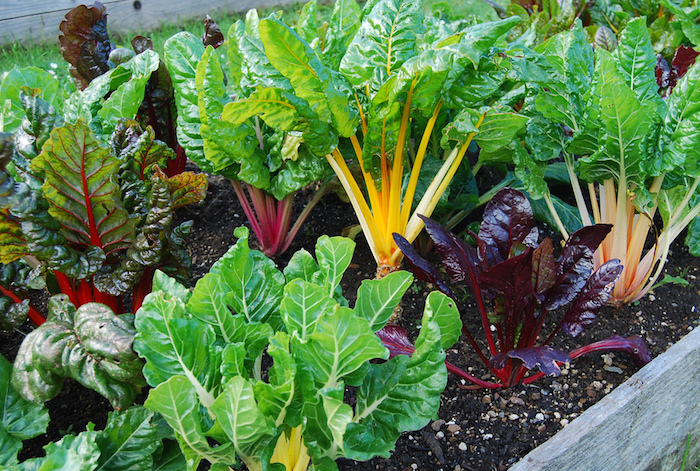4 Plant Tonics and Supplements for a Gorgeously Green Garden

Many of us take all sorts of supplements and tonics for our health–from cod liver oil to probiotics and turmeric shots–so why wouldn’t our gardens benefit from similar treatment? Gardens are living groups of organisms that are affected by everything in their surrounding environment. Help your plants fight pests, fungi, grow stronger roots and lush leaves by adding our favorite plant tonics and supplements to the soils and leaves.
Many plant tonics are applied to the leaves of plants, but some are most effective when applied to the soil around the plant, or added to compost that will eventually be used as fertilizer. Remember that the best time of day to apply tonics and supplements is early morning or in the evening, as the hot sun can cause too much transpiration that will decrease effectiveness and potentially cause burn on leaves.
1. Neem Oil
Neem oil is pressed from the fruits and seeds of the neem tree, which is indigenous to India. Neem oil is used in a large variety of products from cosmetics to toothpaste and soaps, but is incredibly effective as an organic pesticide and plant tonic. It is completely safe to use on any type of plant, including vegetables and fruits. It contains a repellent called azadirachtin that reduces insect feeding and makes it hard for insects to grow and lay eggs. Plant leaves also love neem oil, as it prevents fungi and rust from growing on them.
Apply neem oil once a day if you notice intense insect or fungal issues on your plants, and only a few times a week as a preventative measure.
2. Bentonite Clay
Another completely organic and natural supplement, bentonite clay contains more than 60 trace minerals that work to revitalize your garden and improve soil. Sprinkle it on your soil a few times per year and water well to let it sink in; just remember not to use it around acid-loving plants as it has an alkalizing effect. You can also sprinkle it into your compost to encourage quicker breakdown of material. Bentonite clay is especially effective as a mineral shield that works against pests, rusts, and can even prevent sun damage. To use it as a spray for any of these purposes, mix 1 cup of powder clay with 4 cups of water and pour into a spray bottle.
3. Urine
Yes, urine is an incredibly effective and easy to obtain plant tonic for your garden! Urine is completely sterile (unless the human or animal it came from is fighting a urinary tract infection), loaded with potassium, nitrogen and phosphorus, and is most commonly used as a compost activator. Just pour it on your pile when it’s as fresh as possible. You can also apply urine around the base of your plants. Just make sure to avoid contact with the leaves, as mineral salts in it can burn them. We recommend using it weekly around fast growing, larger plants, and less often around small, young plants.
4. Hydrogen Peroxide
This common household item can prove to be an amazing supplement for gardens. Use it as a fertilizer to promote plant growth and strong roots by diluting 1 teaspoon of 3 percent hydrogen peroxide with 1 cup of water and spraying on the leaves and watering around the base of the plant. Hydrogen peroxide also works as an antifungal and antibacterial when used as just described. You can also clean off your gardening tools in a diluted hydrogen peroxide solutions to prevent disease spreading.
Related on Organic Authority
Diatomaceous Earth: Unlock the Gigantic Power of Tiny Fossils
Planning a Sensational Spring Garden: It’s Not Too Early to Start Now
Early Spring Garden: Clearing Weeds and Prepping the Ground
Image: cbcastro

